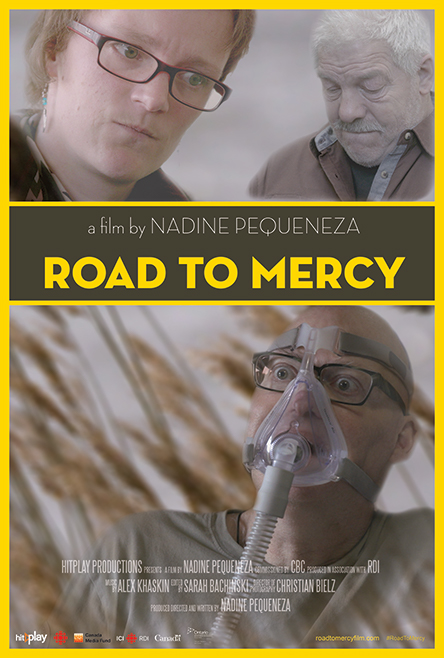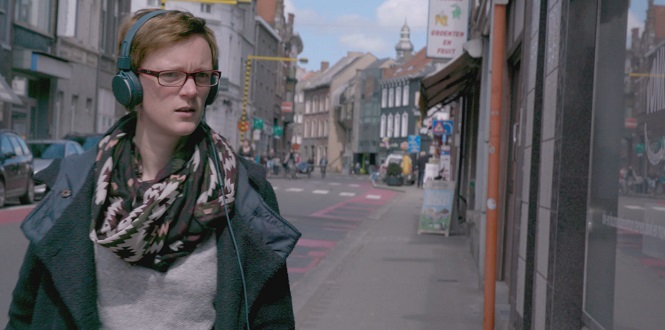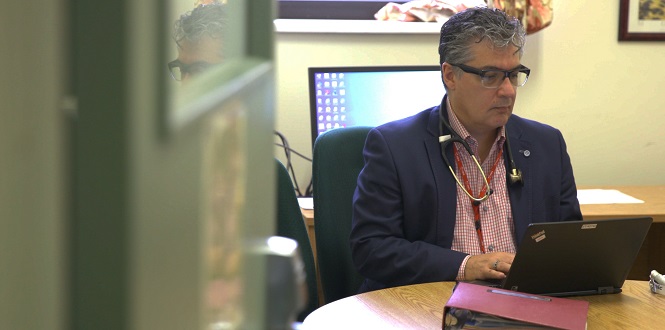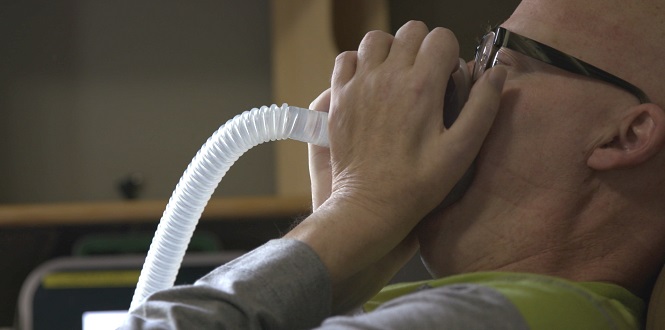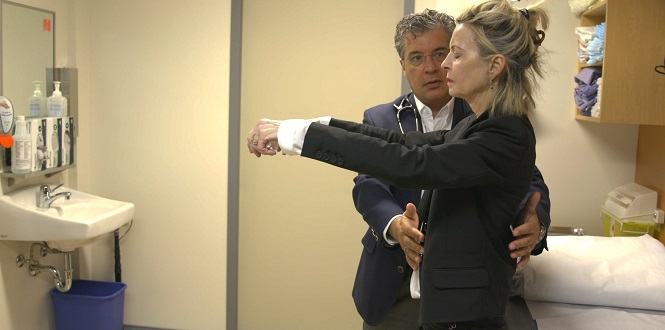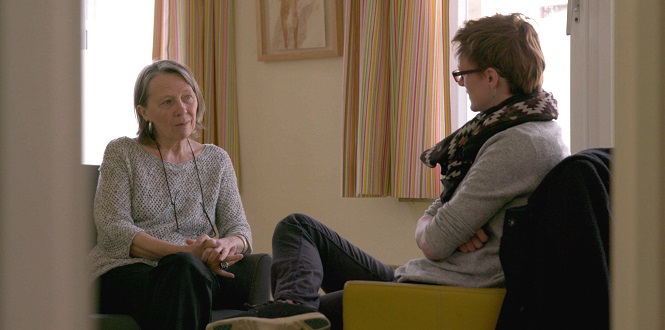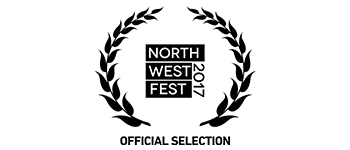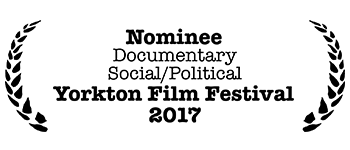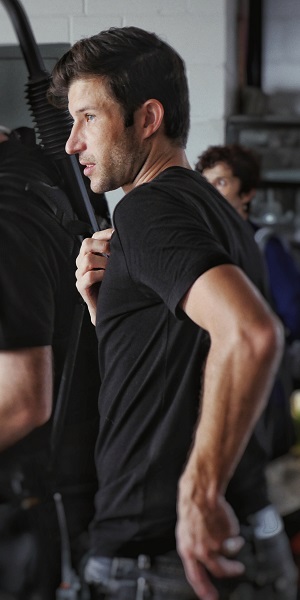Director’s Statement
While this is a story of tremendous social, political and legal importance, making Road to Mercy has also been a very personal journey for me. My mother died of liver cancer on March 11, 1987 at the age of 52. She endured nearly a decade of chemotherapy and radiation treatments, and suffered greatly in the final weeks of her life. As her death neared even administering the morphine that was meant to relieve her suffering caused her agonizing pain. She died at home surrounded by her husband, children and sisters, although she was so heavily medicated I’m not sure she realized we were by her side.
My mother’s name was Angeline. She had wanted to go sooner, but in 1987 a physician-assisted death was not an option. Witnessing the cruelty of terminal cancer inflicted on someone I love has led me to believe that medical assistance in dying (MAiD) can be a merciful act. As with many things in life, it is through personal experience that we shape our opinions and values. I see this film, Road to Mercy, as a way for Canadians to share these very important personal experiences, so that we might begin to understand and respect each other’s choice.
It has taken decades for Canadian attitudes to shift on this issue, so that today MAiD is supported by the vast majority of Canadians. How assisted death is presented and understood in these early days of its practise is critical for the availability of this treatment for Canadians going forward. I am forever grateful to the people who allowed us to film with them in their final days, and to the many others who spoke with us over the months that we searched for people willing to share their stories. The discussion that Road to Mercy will encourage is only possible because of the generous and courageous contributions of these individuals.
